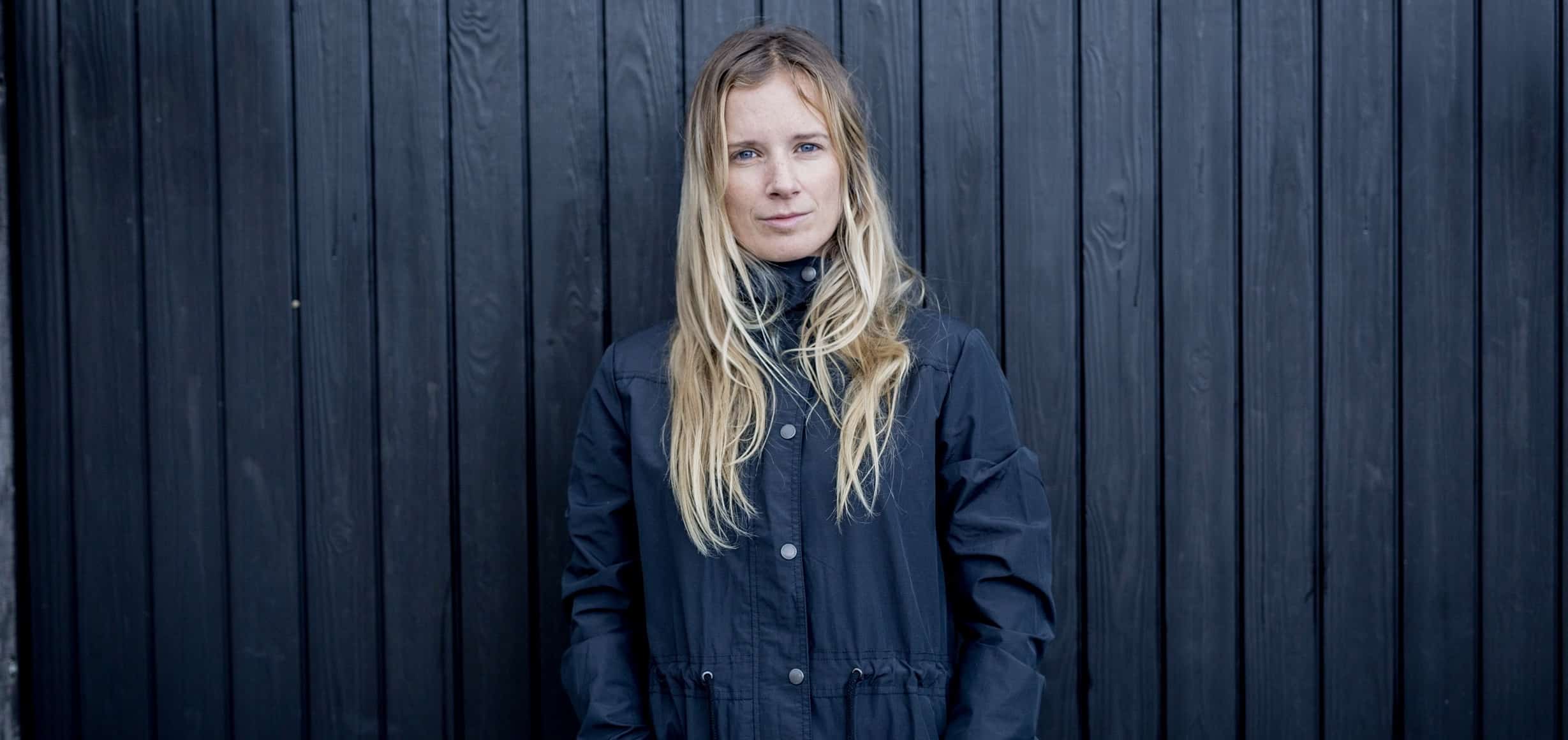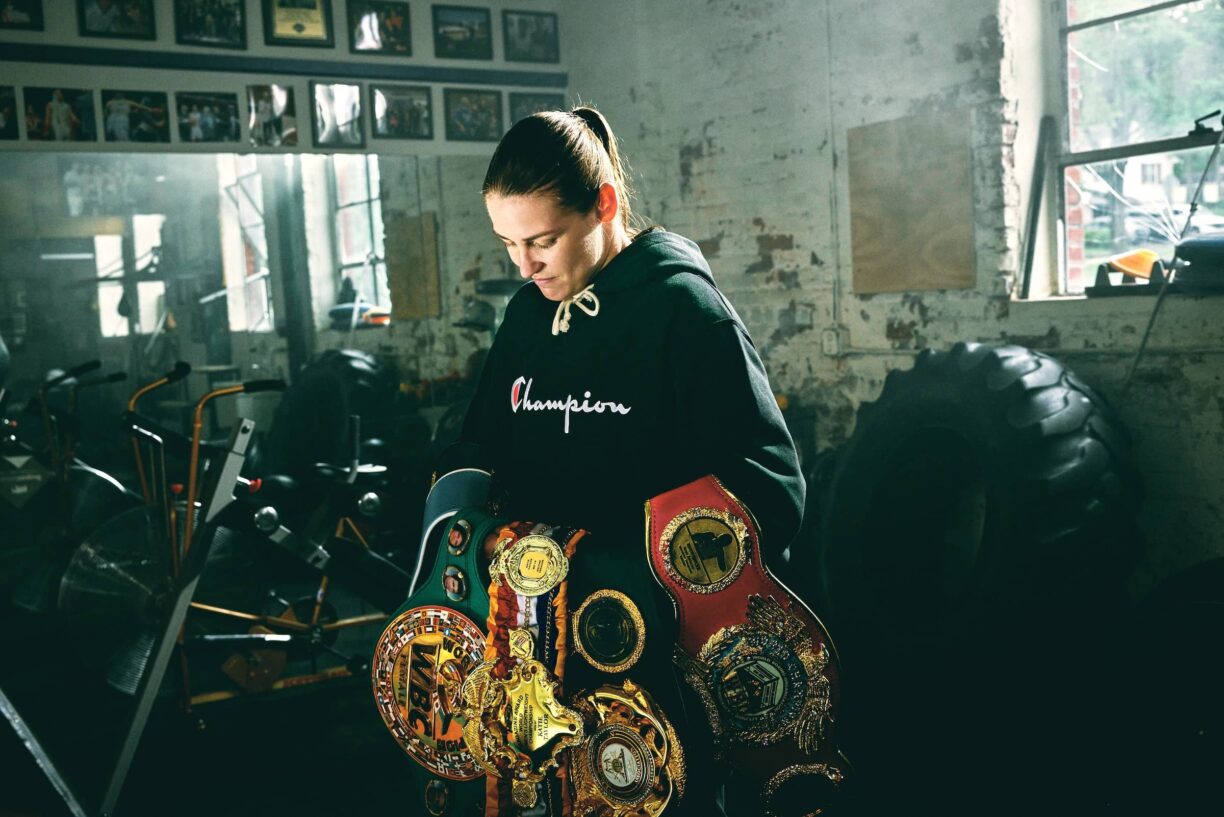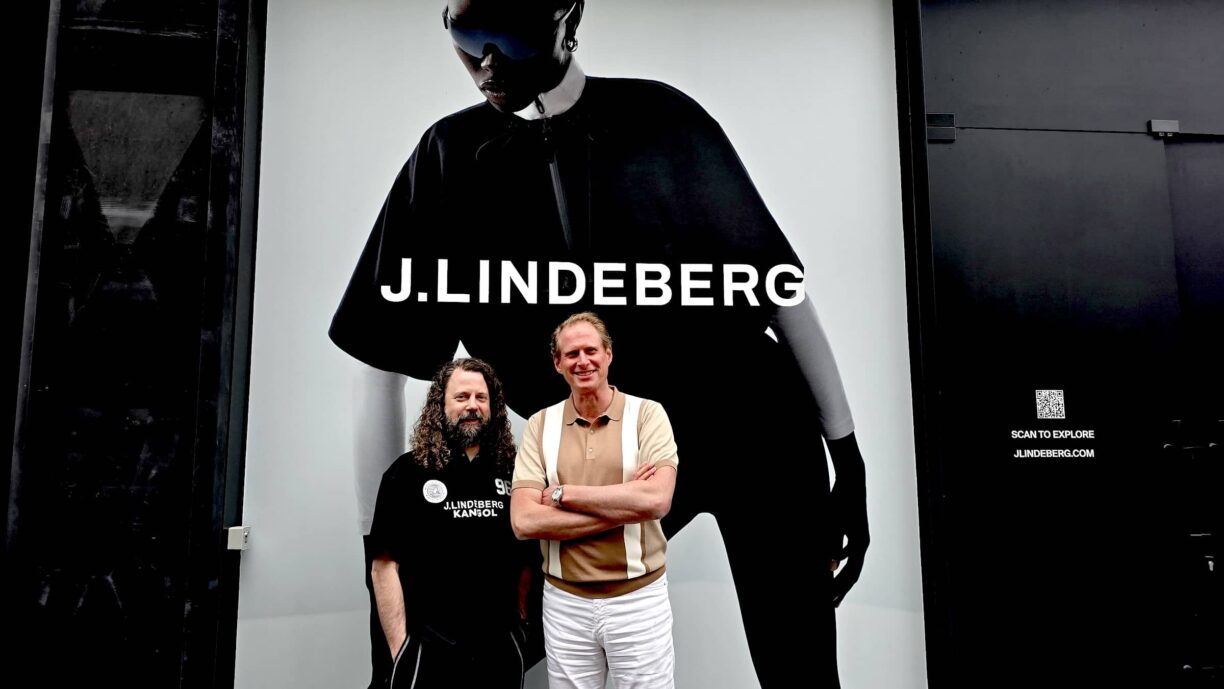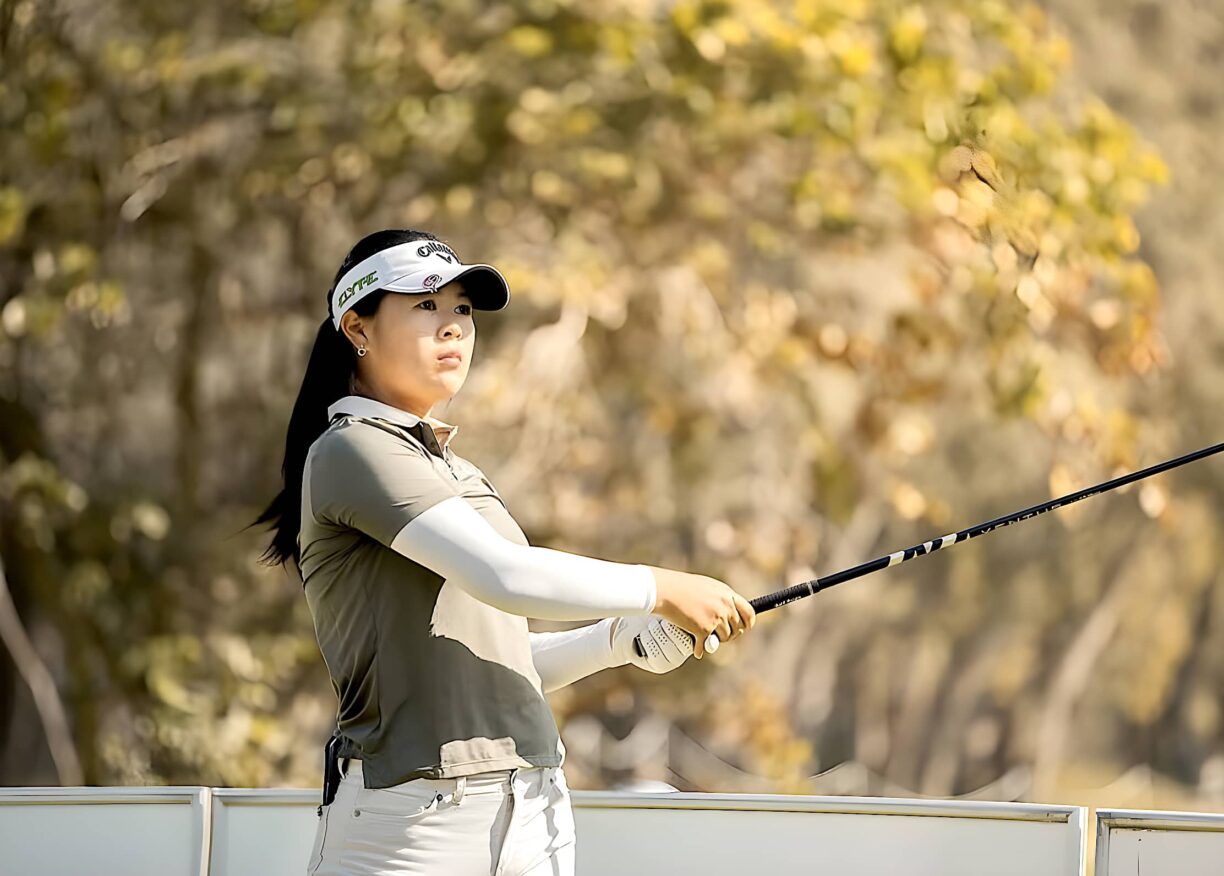Team GB’s Hannah Mills recalls noticing plastic in the ocean throughout her sailing life. “Which started when I was eight,” notes Mills – the Cardiff-born athlete was introduced to the sport during a family holiday, and promptly fell in love.
“I think my mum and dad had had enough and pushed me out on a sailing course, probably to get rid of me for a bit.
Little did they know that would completely change the course of my life,” she teases, acknowledging she was “really lucky to have the chance to go out on the ocean at such a young age and experience what it’s like to helm a boat”.
Back home, they found a “tiny reservoir close by” and Mills’ holiday hobby eventually grew into a successful sporting career. Encountering plastic in the sea was never unusual.
“But when I was younger, it wasn’t really discussed as an environmental topic, particularly that I was aware of,” adds Mills, 34, who recently revealed she and her partner Nick Dempsey are expecting their first baby together.
“It would just kind of get stuck under your boat, and you’d lift something up and get it off and it would float away, and you’d think, ‘Oh that’s really weird’.”
It was during the Rio 2016 Olympics – where Mills scooped a gold medal (she’d previously won silver at London 2012 and is a two-time world champion) – that things really changed.
“That whole Olympic cycle, we spent a lot of time in Rio training and getting prepared for the Games, and I’d never sailed anywhere that it was quite so obvious and quite so dramatic how big a problem it was,” she explains. “For me, that just ignited a passion to say, ‘Wow, this is not OK’. Once you see it, you can’t unsee it.
It’s believed around 8-12 million tonnes of plastic enter the world’s oceans each year. Perhaps you’ve seen evidence yourself via waste washed up on shorelines during coastal walks, or maybe David Attenborough’s BBC Blue Planet II series opened your eyes to the scale of the problem.
It’s having a devastating impact on wildlife and feeds into the bigger global picture of plastic pollution which experts are increasingly highlighting as a threat to all of us – whether that’s traces of microplastic being found in food chains, or communities in some parts of the world bearing the brunt of mounting rubbish.
“It’s really terrifying, and it’s completely embedded in our environment,” agrees Mills. “The air we breathe, the water we drink, everything.
It’s in the food we eat. So the damage to not just wildlife but human life, now and in the future – we don’t know what that’s going to look like – it is quite scary.”
In 2019, Mills founded The Big Plastic Pledge, a movement to tackle single-use plastic in sports – urging athletes, organisers, clubs and also spectators to reduce or eradicate their single-use plastic.
“The reach of sport is unparalleled, in terms of global interaction, and it unites people like not many other things, so that platform is huge.
As athletes, we have a huge responsibility to speak about issues we really care about and raise awareness, and for me that was plastic pollution,” she says.
Not only was the sporting world guilty of amassing a lot of the stuff (The Big Plastic Pledge website notes that a mass sporting event the size of the London Marathon, for example, could get through 750,000 bottles of water) but sports stars and athletes have tremendous reach as role-models.
“Kids watching their favourite athlete drinking from a single-use plastic bottle – that simple thing that’s on the telly again, again and again, just makes it OK for people. So, it is a crucial part of the puzzle, I think.”
She says it’s been “difficult at times, like starting anything is. But it’s been amazing and really, really rewarding.” Mills was also “incredibly lucky” to get backing from the International Olympic Committee as well as support from numerous fellow athletes.
Now, she’s started a new ambassador role for Prevented Ocean Plastic – a branded recycling programme which takes plastic that would otherwise be headed for the oceans and recycles it into food packaging (look out for their logo stickers in supermarkets).
As well as helping reduce the amount of plastic reaching our seas and new plastic being created, the programme creates income sources for developing coastal communities where the risk of ocean plastic pollution is particularly high.
For Mills, it’s a perfect fit. “There’s so many solutions that we need, and this is a really key one in terms of recycling what we already have,” she explains.
“Globally we’re trying to work towards a circular economy within various industries, and plastic is no different. If we can close the loop and recycle what’s already been made, and recycle it again and again, then that’s a huge step.”
She agrees it’s important that ‘doing our bit’ to help protect the planet and live more sustainably needs to be as simple and accessible as possible – another reason she was happy to team up with Prevented Ocean Plastic.
“You just look for the logo on packaging when you shop in supermarkets, and then you know you’re making a better choice in terms of plastic that’s been recycled. And recycled plastic has a much lower Co2 footprint than virgin plastic or new plastic, so your emissions from buying that product are much, much less.
The social elements were another big draw for Mills in teaming up with the programme. “It’s providing opportunities for people in developing countries to make money and also clean up their coastlines, which are really suffering from the lack of waste management systems in their countries, and damaging tourism and that kind of stuff.”
As someone whose life has heavily revolved around the ocean, Mills believes “100%” that enjoying nature comes with a shared responsibility to take care of it.
“I think lockdown and Covid combined to boost people into spending a bit more time outdoors and appreciating what we have on this planet, which is phenomenal.
I don’t think there’s any other planets that have what we have, to sustain the life we have, so it’s pretty unique.
“That link between people and the environment is a crucial one, when it comes to caring,” Mills reflects. “Because if you are lucky enough to spend time outdoors and enjoy it, then you’re much more likely to start thinking, what can I do to help protect it?”
For more information about Prevented Ocean Plastic, visit preventedoceanplastic.com





